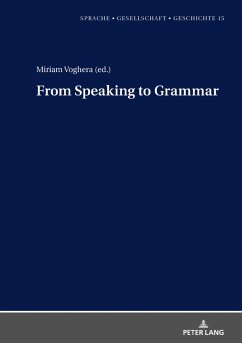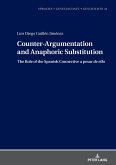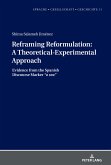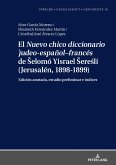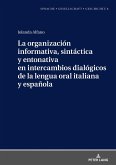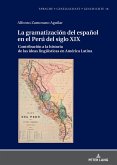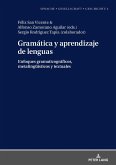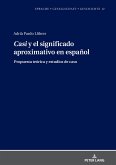Speech is primary in human communication from many points of views. In the evolution of the human species, linguistic signs have been realized first orally. In the history of humankind only a relatively small number of languages had a written form. Until recently, only a minority of people had access to writing. The spoken uses are predominant in the formation of our experience and in our relationships with other humans. Most of our actions involve the use of language in spoken form. In short, the speech mode shapes the entire communicative life of individuals and communities and therefore represents the native usage of language.
Based on these premises, this book aims to place spontaneous spoken texts at the centre of linguistic analysis because the inclusion of speech usage in general grammar is necessary not only to account for spoken communication, but also to have a more realistic idea of what a language is as a whole. It follows that linguistic analysis requiresnot only the knowledge of speech properties as such, but the integration among different point of views to understand whether and to what extent its features affect the grammaticality of languages.
The essays collected in this book present study of scholars based on rigorous qualitative and quantitative analysis of different corpus based and corpus driven data with diachronic, typological, sociolinguistic, psycholinguistic, educational objectives.
A complex framework emerges which opens up new perspectives in many areas of linguistics and forces to review the relationship between the linguistic system and factors traditionally considered external. Investigating speech not only enriches linguistics with new data, but also puts forward new theoretical points of view.
Based on these premises, this book aims to place spontaneous spoken texts at the centre of linguistic analysis because the inclusion of speech usage in general grammar is necessary not only to account for spoken communication, but also to have a more realistic idea of what a language is as a whole. It follows that linguistic analysis requiresnot only the knowledge of speech properties as such, but the integration among different point of views to understand whether and to what extent its features affect the grammaticality of languages.
The essays collected in this book present study of scholars based on rigorous qualitative and quantitative analysis of different corpus based and corpus driven data with diachronic, typological, sociolinguistic, psycholinguistic, educational objectives.
A complex framework emerges which opens up new perspectives in many areas of linguistics and forces to review the relationship between the linguistic system and factors traditionally considered external. Investigating speech not only enriches linguistics with new data, but also puts forward new theoretical points of view.

